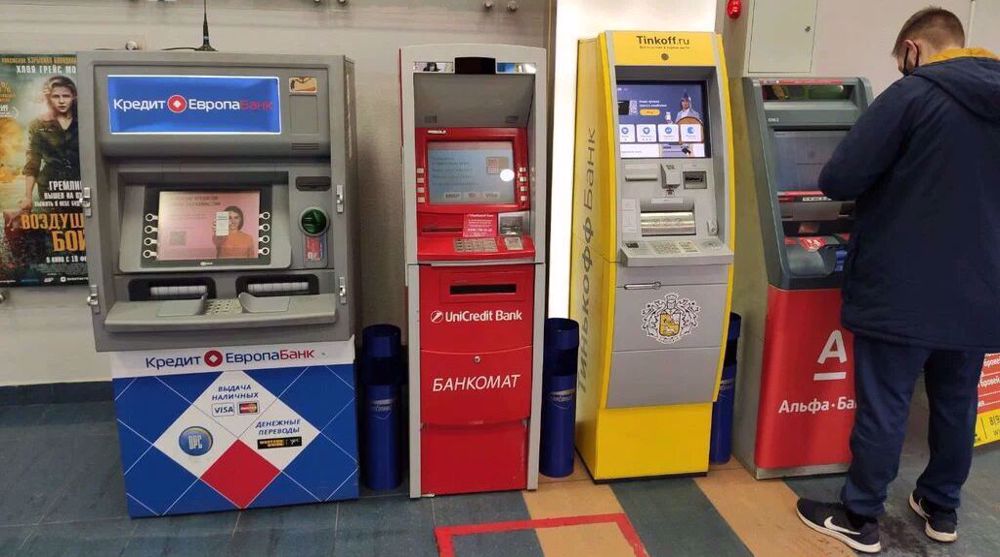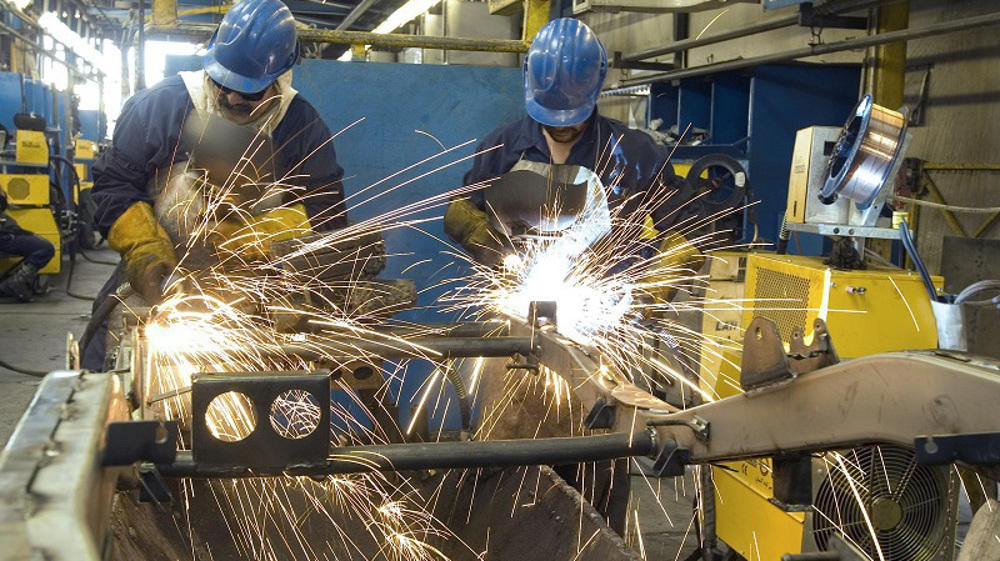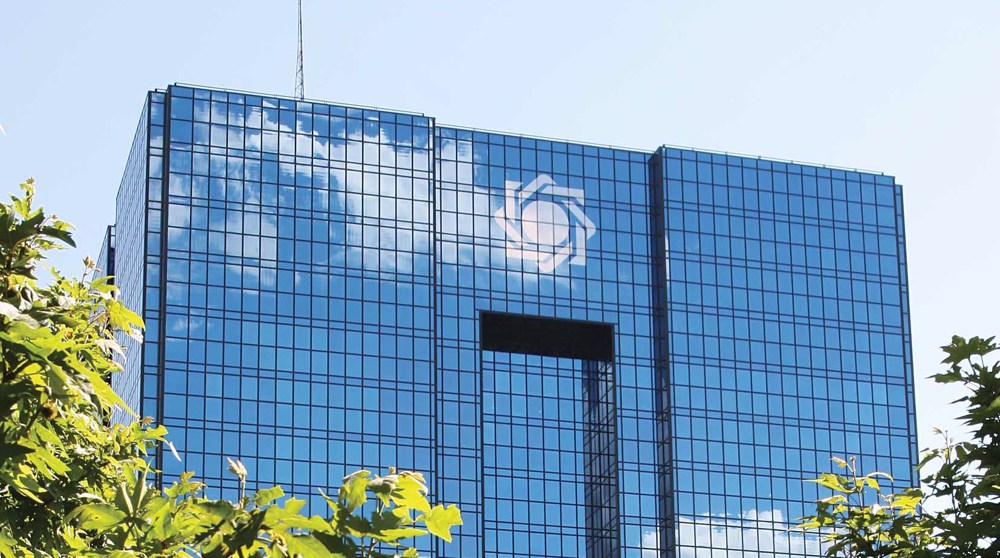‘New dynamism era’ in Iran-Venezuela ties
Venezuela and Iran agree to increase economic cooperation, signing agreements between the two countries’ central banks and announcing a new dynamic era in bilateral relations.
Venezuelan President Nicolas Maduro met Iranian Foreign Minister Mohammad Javad Zarif who was in Caracas on the last leg of a Latin America tour also taking him to Cuba, Bolivia, Chile, Nicaragua and Ecuador.
"We are advancing in our bilateral cooperation as well as in matters of mutual interest for economic development ... we are going to create a new dynamism in Venezuela-Iran relations," Maduro said in a ceremony broadcast on state television.
The Venezuelan leader named chief general Jesus Gonzalez as the country's new ambassador to Iran on Saturday.
Maduro later announced the creation of a special commission to follow up on their bilateral deals. In June 2015, the Venezuelan government and a high-level delegation from the Islamic Republic of Iran inked six deals on scientific, technological, economic and health cooperation.
Iran and Venezuela have forged friendly relations based on their aversion to colonial US policies and determination to preserve their independence.
Zarif expressed Iran's interest in broadening cooperation with Venezuela and other Latin American countries, saying he was glad to consolidate economic ties between Caracas and Tehran.

Central bank authorities from the two countries signed an agreement on financial matters and Venezuelan foreign affairs chief Delcy Rodriguez said Caracas and Tehran were working to "continue strengthening" strategic alliances.
"The accord between the two central banks is the path to continue good relations. I am sure that with the accords signed tonight that we can increase and deepen our relations in a different field," Zarif said.
Maduro said Venezuela's oil minister and foreign minister would make announcements in the coming weeks about consensus with Iran on ways to stabilize oil market and strengthen OPEC.
"We continue to build common ground and a new consensus on stabilizing oil markets, strengthening industries, strengthening OPEC," he said.
In February, Venezuelan Oil Minister Eulogio Del Pino traveled to Tehran along with his Qatari and Iraqi counterparts to persuade Iran into joining a Russian plan for oil production freeze on which they did not agree because of Saudi persistence that all OPEC members came on board.
The Islamic Republic has said it would stick to its policy of regaining its market share with ramped-up production before joining the freeze program. On Friday, Minister of Petroleum Bijan Zangeneh said Iran will help other oil producers stabilize the world market so long as fellow OPEC members recognize its right to regain lost market share.
Since the collapse of oil prices in 2014, Venezuela has sought to rally support among OPEC and non-OPEC nations to boost crude prices by limiting production. Key OPEC members such as Saudi Arabia have shown little interest in backing output cuts and remained focused on retaining market share.
The kingdom has ignored Iran’s call on other producers to make room for Tehran’s barrels at normal production levels after the lifting of sanctions on the Islamic Republic.

Among the Latin American countries, Iran has developed more advanced ties with Venezuela. The country is involved in a series of joint ventures worth several billion dollars in energy, agriculture, housing, and infrastructure sectors in Venezuela.
More than 100 representatives of state and private companies accompanied Zarif in his visit to Latin America where Iran has good relations with almost all the regional countries.
In Nicaragua, Zarif said Iran was interested in a massive project to build a canal which would link the Pacific and Atlantic oceans.
Larijani asserts Iran’s support for resistance, says conveyed Leader’s message to Lebanon
VIDEO | Beirut’s southern suburbs targeted in 'heavy' Israeli strikes
Haaretz: Over 10,000 Israelis have migrated to Canada this year
VIDEO | Press TV's news headlines
Official: Iran to respond ‘decisively’ to any threat to its nuclear program
Nearly 70 Mossad-linked terrorists killed or captured in southeast Iran
What collapse of German coalition government means
Iran, Syria emphasize need to stop Israeli atrocities in Gaza, Lebanon










 This makes it easy to access the Press TV website
This makes it easy to access the Press TV website